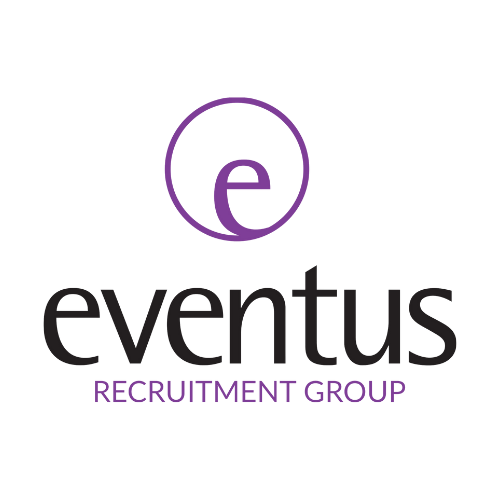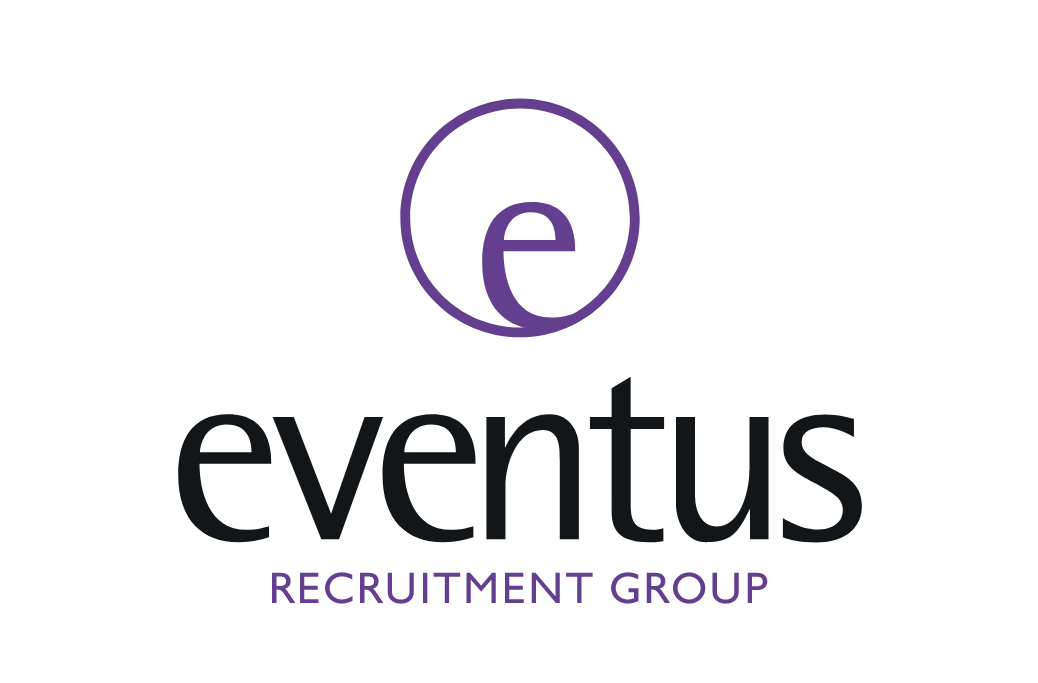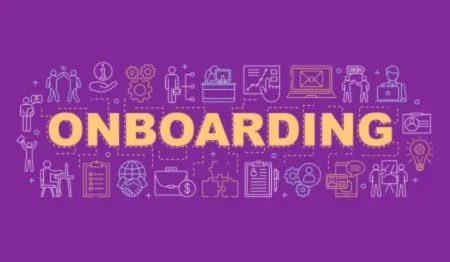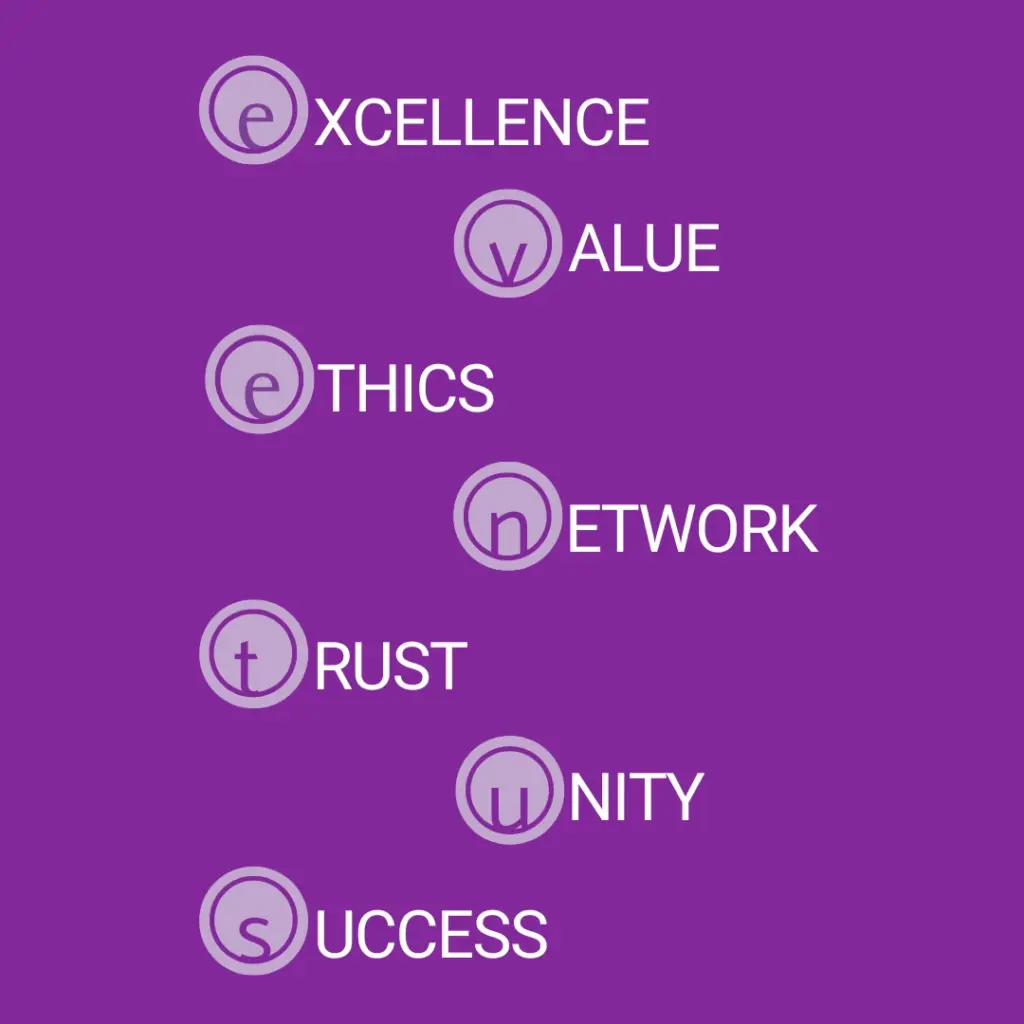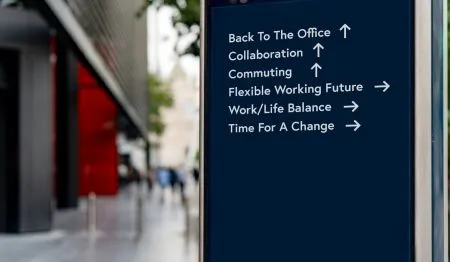Over the summer period businesses often see a decline in applications to their job vacancies with fewer candidates actively job searching. There are many reasons for this, including:
- People enjoying the better weather
- People taking their summer holiday
- Childcare responsibilities with children being off school for an extended period
Recruiting during a candidate shortage can be a daunting task for any business. With fewer job seekers and increased competition, companies need to adopt innovative strategies to attract and retain talent. As a result, it’s vital that hiring businesses step up their game to attract and recruit the talented professionals during the summer months. Here’s some effective approaches to consider:
Be Proactive
Provide times for every stage of the recruitment process. For example, your availability for interviews. So, candidates know what to expect and whether they can commit to your recruitment process. Professionals don’t like wasting their time, especially in the summer months.
Market your vacancies effectively and utilise job boards
Ensure your vacancies are visible. It’s likely that professionals will spend less time on job boards. So, it’s vital that your job adverts reach them instead of them finding you. List them on as many job boards as possible, as well as social media platforms. Also, do a search on LinkedIn and Facebook for relevant groups where you can share your job vacancies. For example, sector specific job social media groups or job groups within your location.
Write job adverts that stand out to candidates
It’s not just where you post and advertise job vacancies that’s important, the content and the detail in them is crucial also. A poorly written job advert with typos and a lack of information will put people off applying. Make sure your adverts contain the location, salary, job details, personal specification, employee benefits and why they should want to work for your company.
Be clear and emphasise growth options
Make sure your job descriptions are clear, concise, and free of jargon. Be honest about what the job entails and highlight the essential skills and experience required. Also, most candidates have a desire to progress within their careers. So, outline any training, development and progression opportunities that your company can provide in your job adverts and descriptions.
To view our tips and advice on writing effective job adverts and descriptions, please click here.
Build a brand for hiring
It’s important that your brand is not only relatable to your customers, but also to your employees and potential employees. It’s important to showcase your company culture and why people should work for your business. By building a brand that represents and shows your company culture will work in your favour when hiring. As doing so will enhance your recruitment campaigns by increasing your company’s visibility and standing out to potential employees. Here’s some ways to increase your brand visibility and boost your employer brand over the summer:
Increase your social media presence
An attractive employer brand can set you apart from your competitors. Invest in a strong online presence by maintaining active and engaging profiles on social media platforms, especially LinkedIn. Showcase your company culture, values, and employee success stories. On LinkedIn connect with people who look to have the skills and values that your business require.
Summer socials and company events
Do you host summer socials or company events over the summer months? If you do take photos and / or videos and post these on your social media. The photos are also useful for internal communication, your website and promotional literature to use when recruiting.
Talk about work-life balance strategies / employee benefits
Do you have strategies that enhance your employees’ work-life balance and offer rewarding employee benefits? If so, showcase these on your website and throughout your recruitment campaigns.
If you can offer unique benefits that set you apart from other employers, such as enhanced leave entitlement, wellness and mental health programmes, or financial planning services.
Here’s some ideas for demonstrating your employee benefits throughout your recruitment campaigns:
- Conduct interviews with your staff about working in your company.
- Create branded employee benefits pdfs / leaflets to send to job candidates and potential employees.
- Display benefits in your job adverts.
- Discuss your company culture and employee benefits in the job interview with candidates. The job interview is as much about the hiring business impressing the candidate as it is the candidate impressing you.
- After the interview, put the candidate in touch with a current employee where they can discuss the company culture and employee benefits.
Utilising summer networking events
During the summer months there’s an increase in professional networking events. Attend these events to increase the visibility of both your business brand and employee brand in your area and sector. Networking events present an ideal opportunity to meet like-minded individuals who could potentially work for you in the future. Also, they give you access to professionals who are not actively job searching but may be tempted by your job opportunities after speaking to you during the event.
Referral Schemes
Sometimes it’s not what you know it’s who the know. Your employees, friends or even family might know the ideal person for your job vacancies. So, speak up that you are hiring or have a referral scheme which rewards them for introducing candidates to you. Offer incentives to employees who refer candidates that get hired. Rewards are usually in the form of cash or vouchers. Alternatively for employees you could reward them with an extra day’s holiday when you take on a new employee that they have recommended.
Employee Ambassadors
Empower your employees to act as ambassadors for your brand. Provide them with the tools and knowledge to talk about your company’s strengths and career opportunities. You can do this by encouraging employees to have their own professional personal brand on LinkedIn and represent your business at networking events. In addition, if you have a marketing team they can help your other employees with their LinkedIn profiles. For example, by creating banners and advising them on content.
Use a recruiter
A good specialist recruiter will have strong connections with professionals’ job searching in your sector and locality. So, they are the ideal people to help you hire and recruit talented professionals throughout the summer months.
The Eventus Recruitment Group have a large database of talented professionals in law, legal finance, and financial services. Also, we:
- Write your job adverts for you in a way that they will rank online.
- Get to know your company in detail so that we can produce the best job adverts and connect you with the right candidates for your firm.
- Take time to build relationships and get to know a candidates, which means we will only send you candidates who meet your job requirements and fit in with your company culture and values.
- Post your job adverts on job boards free of charge.
- Offer support to you and candidates at every stage of the recruitment process.
For more information about the services we offer, click here or contact us at the button below for a confidential discussion about your recruitment strategy.
Written by Emma Guy, Marketing Manager at the Eventus Recruitment Group.
